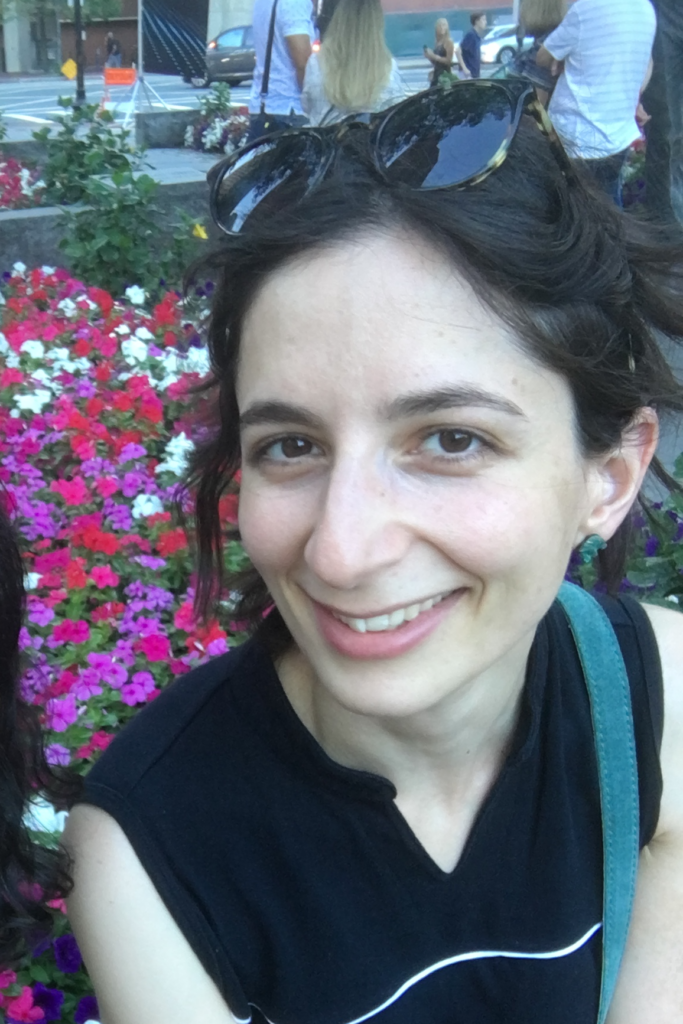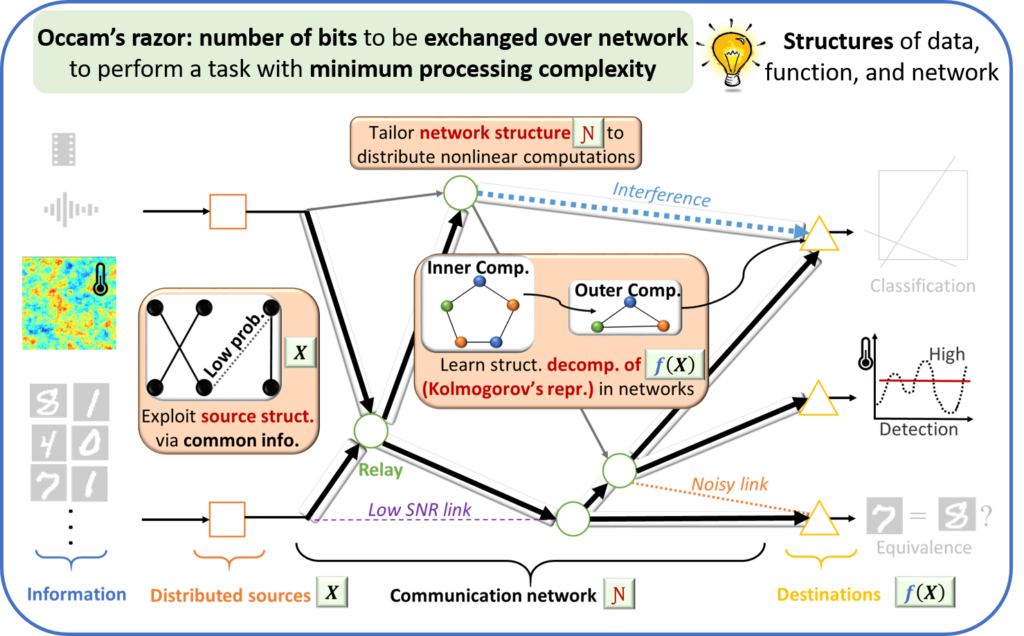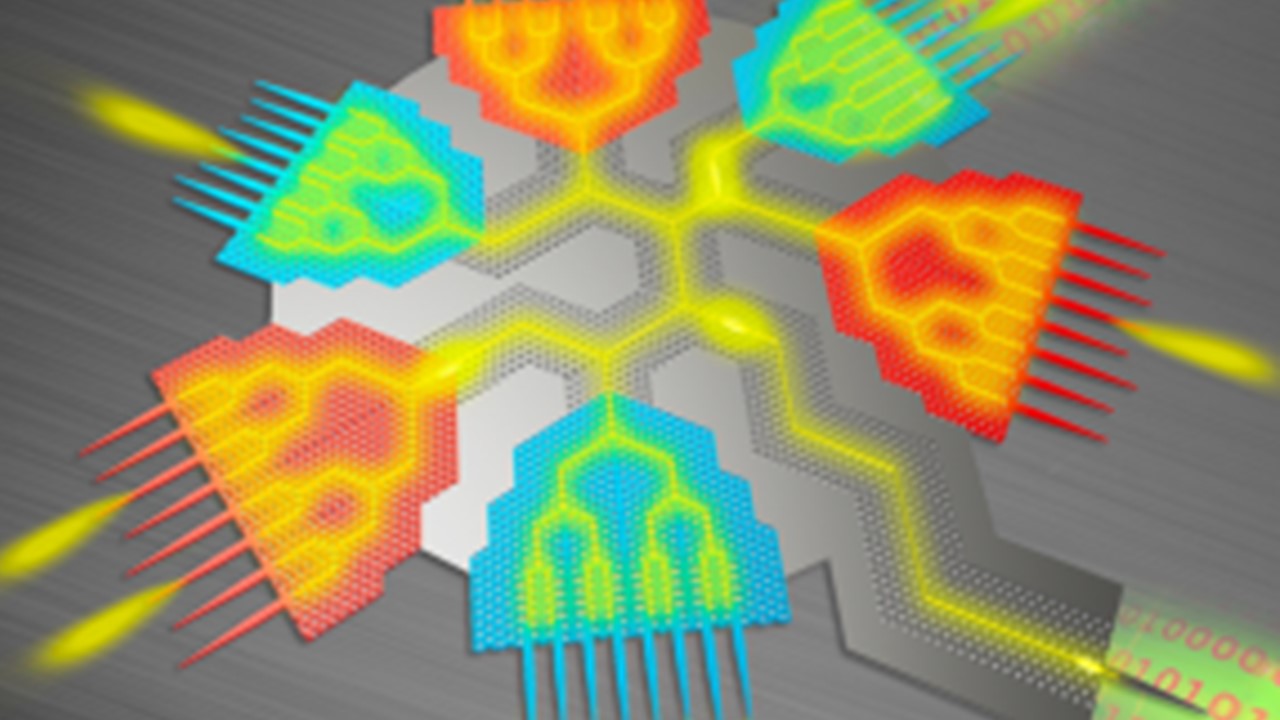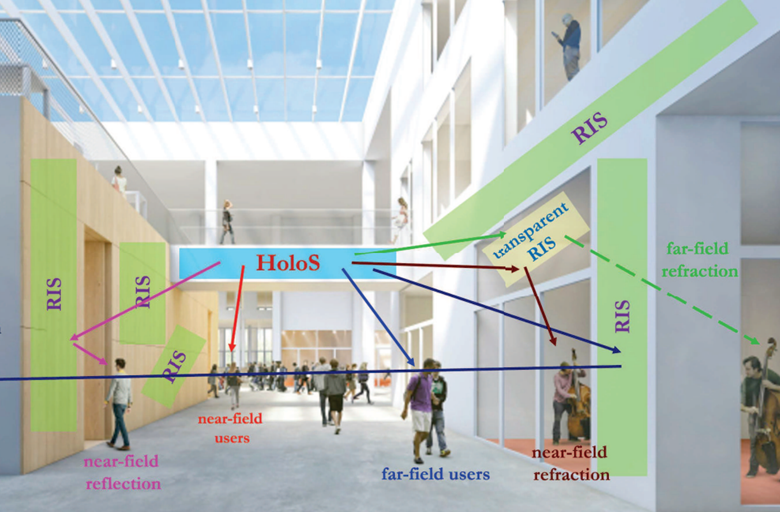#Interview | Derya Malak
Associate professor at EURECOM

Derya MALAK
Associate professor at EURECOM, Derya works within the FOUND project of the PEPR. In this interview, she shares her academic background, professional experiences and research work!
Could you walk us through your educational journey, starting from your early school years to where you are today?
Derya Malak : Originally from Turkey, I did my undergraduate studies in electrical engineering at Ankara Middle East Technical University where I hold a minor in physics. I went on to pursue a master’s degree with a focus on telecommunication engineering. I knew I wanted to pursue a PhD in the same field and had already been in contact with my advisor, Professor Jeff Andrews, a professor at UT Austin ECE department who motivated me to work on a new topic at the time, which broadened my perspective. My PhD focused on content caching in wireless communication and random access communication schemes.
I was very fortunate to do my post doc with Professor Muriel Médard, an inspiring figure in my life, at MIT. I gradually shifted my research focus from wireless to coding and information theoretic concepts. I became interested in the problem I am currently working on, which lies at the intersection of information theory and distributed computation. After my post doc, I got a faculty position at RPI (Rensselaer Polytechnic Institute), in the US. The pandemic made me rethink my career, leading me to apply for a faculty opening at Eurecom in Europe, where I was offered the job once I presented my research perspective.
I have been an associate professor for three years, supervising PhD students and postdocs while teaching Information Theory course to both undergraduate and graduate students. Soon, I will also be teaching a research-focused course in my specific domain.
Congratulations on your ERC Starting Grant for your project « Sensibilité »! Could you walk us through your project?
D. M: The project started 18 months ago and it will last for five years until 2028. The project focuses on distributed computing of functions over communication networks, inspired by applications like content delivery where data is spread across many servers and distributed machine learning. For instance, when multiple cameras capture different angles of the same object, their images often overlap. Instead of transmitting all this redundant data to a central location, we aim to eliminate the overlaps to reduce communication costs.
Achieving this involves a method called distributed coding, where data is encoded to eliminate redundancies. The goal is not always to reconstruct the original data, but rather to compute a specific function from it, such as achieving consensus, performing matrix multiplication, or detecting activity in a particular area of a large image. By focusing on computation rather than communication, we can drastically reduce the cost of data transmission.
Why ‘Sensibilité’ and not ‘Sensibility’?
D. M: The focus of this project is to understand how the computations are influenced by the structures of the data distribution, the type of computations, and the network topology. I first thought of using the term ‘sensitivity,’ but I wanted something stronger. The French word ‘Sensibilité’ felt perfect, and it makes me happy because those who know French will understand it. There is no other reason!
I believe that when you genuinely enjoy what you are doing, challenges
do not seem as daunting. While starting is often the toughest part, persistence is crucial.
You are involved in the PC9 FOUND of the PEPR Future Networks. What link can you make between your research and the objectives of the PEPR?
D. M: I am part of a project led by Professor Baccelli, specifically in the work package that focuses on ‘network function computations of correlated data’. Our research group is dedicated to exploring distributed computations of correlated data, with a particular emphasis on how data structures and functions impact these computations.
I am not the only faculty from Eurecom involved; Professor Petros Elia is also collaborating on this project. While I focus on the information theory and coding aspects, Professor Elia approaches it from a combinatorial and graph theory angle. Together, we are working to bridge these perspectives to deepen our understanding of the connections between information theory and computer science. We will also be hiring a PhD student to help combine insights from both fields.
What are the practical applications of your research in daily life?
D. M: One relevant application of my work is in streaming services like Netflix, which use content caching and distributed servers to deliver movies quickly. My approach could be integrated to enhance their algorithms, potentially reducing content delivery costs for users. By better capturing demand patterns and user correlations than current models, our methods could lower user expenses while maintaining access to the same content. I see significant potential for improvements, particularly in movie caching.
You experienced both American and European research system, what can you say about those systems?
D. M: I am still getting accustomed to this system! In the US, main research and funding opportunities primarily come from the NSF (National Science Foundation). A research proposal there undergoes review by one panel, whereas in Europe, the process is more complex. The research system in Europe is more diverse because it is not only funding from the European Union, you can have French funding plus European funding for instance.
The ERC (European Research Council) differs from the NSF in its more detailed two-round review process. In the first round, only the initial five pages of the proposal are reviewed. If successful, the full proposal is examined in the second round by a panel that poses detailed technical questions. Unlike the NSF, which provides only written feedback, the ERC process felt more dynamic and engaged, offering more comprehensive insights.
As a female researcher, women are underrepresented in electrical engineering. What motivated you at the beginning of your career? Did you face any challenges related to your gender?
D. M: When I was 10, I knew I wanted to pursue something in mathematics, and that passion has never wavered. I was always more drawn to solving math and physics problems than in biology or chemistry. Attending a rigorous science high school was a key step for me. The challenging courses and excellent teachers there expanded my perspective and made university studies easier, as I was already familiar with many of the concepts.
I always knew I wanted to focus on academia and build on existing theories to create something new, even if it took years. I believe that when you genuinely enjoy what you are doing, challenges do not seem as daunting. While starting is often the toughest part, persistence is crucial. While women are underrepresented in field like electrical engineering, I believe anyone who dedicates the same effort will achieve similar results. In my experience, I did not face gender bias, likely due to the support of my mentors. I am confident that by motivating girls early, providing good teachers, and offering strong role models, there is no reason they cannot succeed.

| References : Derya’s papers can be found on her personal webpage : https://sites.google.com/site/deryamalak/research?authuser=0 Recent publications can be found on her EURECOM webpage : https://www.eurecom.fr/en/people/malak-derya/publications Google Scholar : https://scholar.google.com/citations?user=phfqv1QAAAAJ&hl=en&oi=ao |
More news Article


